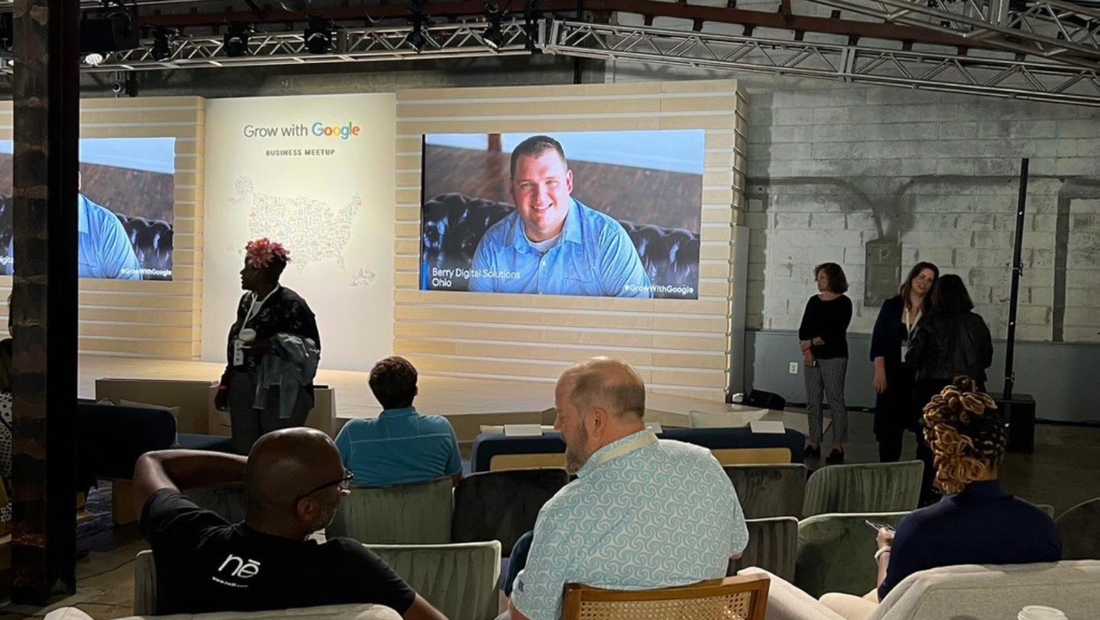|
Berry Digital Solutions' Ryan Berry continues to work closely with Google to help Congress better understand proposed legislation on small businesses across the country.
Congress has recently turned a strong focus towards technology-driven corporations Amazon, Google, Twitter, Microsoft, Apple, Facebook and others with a goal of breaking these large organizations into many smaller businesses. The concept of breaking up large corporations to create a more competitive market can make sense in some industries, but lawmakers are missing the huge negative impact a forced technology break up would have on small business owners. Most small businesses have come to rely on digital products and services to operate and promote their businesses. Many of these products and services, such as Gmail, Google Business Listings, Google Maps, and more, are available at no cost to small businesses. If corporations are forced to separate these products out, they would have to charge small business owners for the products and services in order to maintain them. In addition, many of these free services rely on each other to work properly. For example, Google Maps presents your business address by verifying it in a Google Business listing. A small business owner that maintains its Google Business listing doesn't have to worry about it's web presence across several platforms that utilize the Google Business listing. If those divisions of Google are forced to break apart, small business owners will be forced to carry the financial burden, as well as the burden of managing many different accounts, turning 1 task in several every time they need to make a change. Ryan will spend another week on Capital Hill at the end of this month speaking with leaders and staff in Congress to help explain these issues and offer better support on a true solution to the issues at hand. Data privacy laws are another topic Ryan is helping D.C. better understand. Lawmakers need to understand how daunting it could be for small business owners that will be forced to keep track of multiple data privacy laws passed by individual states, as opposed to one federal law that would be upheld across the country. Reach out to Ryan if you want to be part of the conversation. |
Archives
May 2024
Categories
All
|




 RSS Feed
RSS Feed
